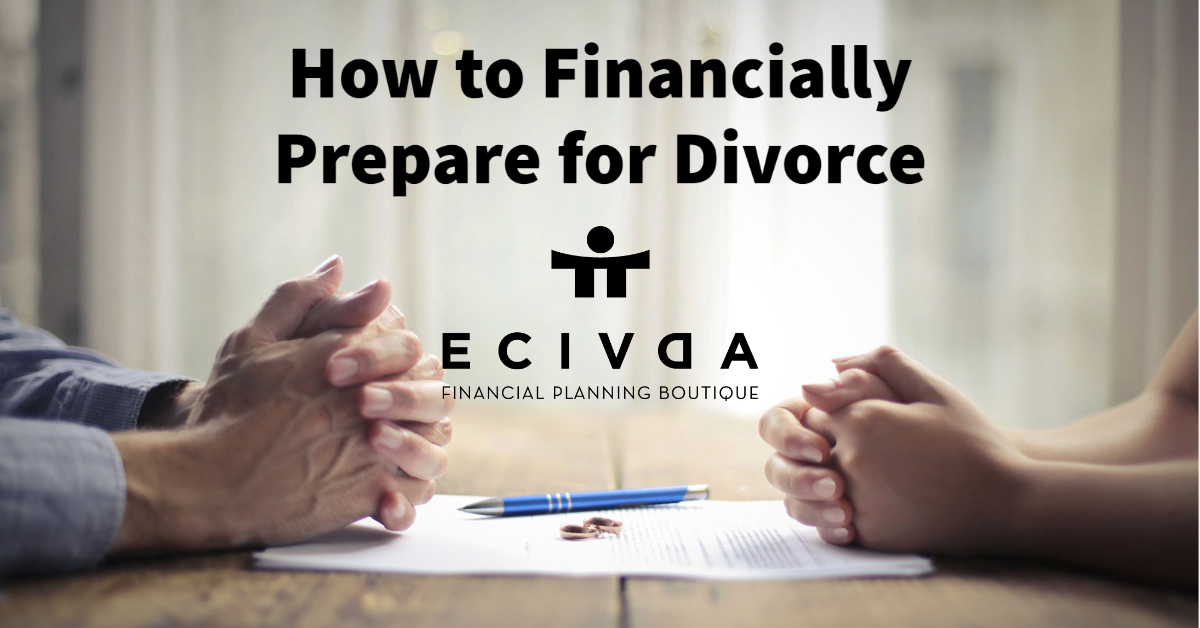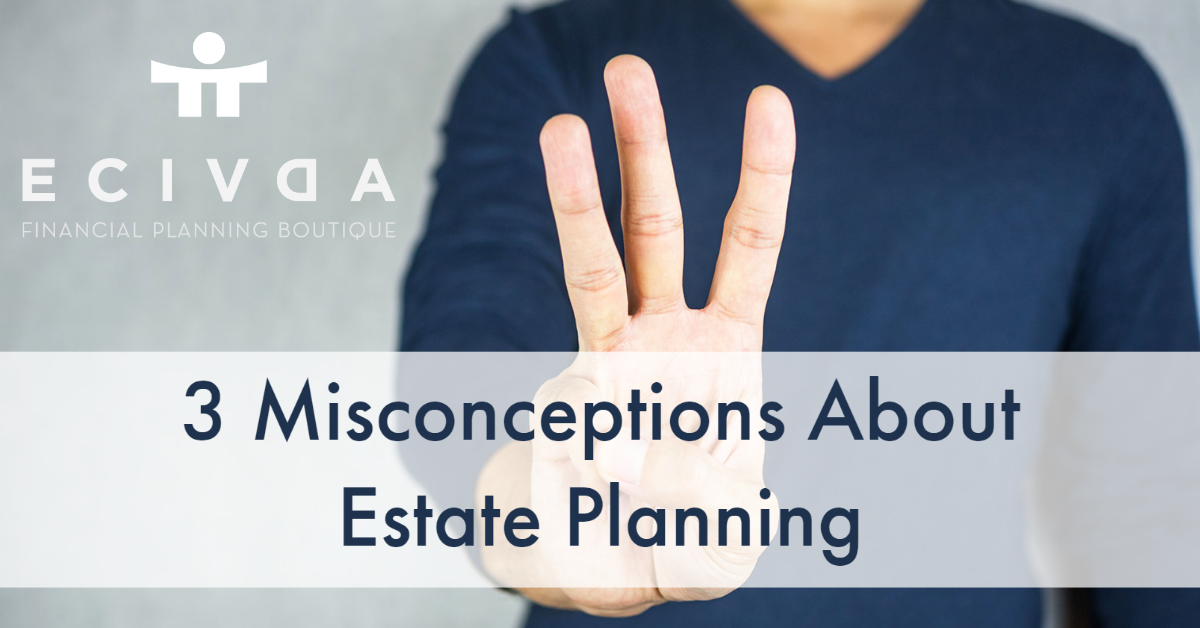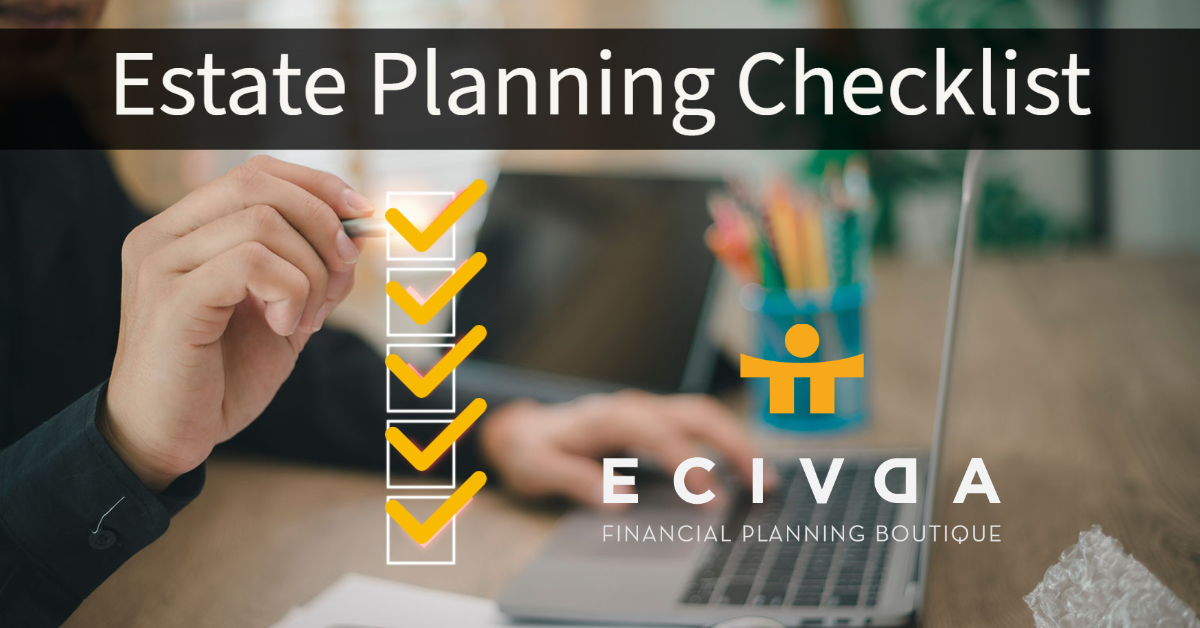How to Financially Prepare for Divorce
Divorce is an emotionally draining time for not only the couple but for their family as well. It can also be a financially devastating time. Putting your energy into your financial wellbeing is essential when going through this big life transition. You will be forced to make life changing decisions in a very short period, and it is important that you know what you are entitled to and where you stand in the marriage, from a financial perspective.
What You Need to Know
- Find and Compile Your Financial Records – Your first move to protect yourself financially is to make a file of all your financial records. Tax returns, loan documents, retirement accounts, bank accounts, and investment statements. You want to be sure that you are aware of all accounts and liabilities when you go into the divorce process.
- Assess Your Assets – Make an exhaustive list of all your assets that could come into question when it comes to division of property. Marital assets are any asset or liability that was acquired during the marriage. This includes houses, cottages, land, investments, pensions, personal property (jewelry, art etc.), vehicles, and other types of intangible property (such as intellectual properties). Debts can also be considered marital property depending on the nature of the liability. Typically, assets acquired before marriage remain in the possession of the person who brought them into the marriage. Inheritance and gifts can also be excluded from divorce if the assets have not been used to buy joint property.
- Open New Bank Accounts – Many married couples have combined finances and use joint bank accounts for convenience’s sake. If you have or if you plan to end your marriage, one of your first steps should be to open new bank accounts in your name that your spouse does not have access to. You should also make it a priority to have any direct deposits updates with your new accounts (your pay cheque, for example) and start paying your bills out of your new individual account.
- Change Your Will and Update Beneficiaries – Most couples name each other as beneficiaries in their will and on any investment or insurance accounts that beneficiaries are designated. This should be changed as soon as possible. This may not seem like a top priority, but the unexpected happens and no matter how amicable the divorce, it is impossible to know your wishes will be honors upon your death if you do not put it in writing. Investment accounts and life insurance policies can easily have their beneficiaries changed through your advisor. Your will and power of attorney designations needs to be updated by a lawyer.
- Change your Mailing Address (if applicable) – If you are changing your address due to the divorce, or even if you are splitting time in the family home until the divorce is settled, you should change your mailing address immediately. Whether this is to your new home or if you secure a PO Box, it is important that your mail stay private as you may receive correspondence from your lawyer or information about your finances that your former spouse should not be privy too.
- Get Credit Cards in Your Name – If you have joint credit card, pay them down and cancel them immediately so that you don’t find yourself responsible for debt that your spouse may accumulate when you leave the marriage.
- Refrain from Making Any Big Financial Decisions – Divorce can be a long road. Assets may become unavailable to you as you go through court proceedings, or conversely you could end up having to hand over more to your spouse then planned, and it is wise to hold off any making any big purchases or making any irreversible decisions until the divorce is finalized.
The Bottom Line
Divorce is complicated and can be a difficult time, both emotionally and financially. It is always best to work with legal and financial professionals when navigating a divorce to ensure your best interests are being looked out for and that you are being treated fairly as the divorce proceeds.




